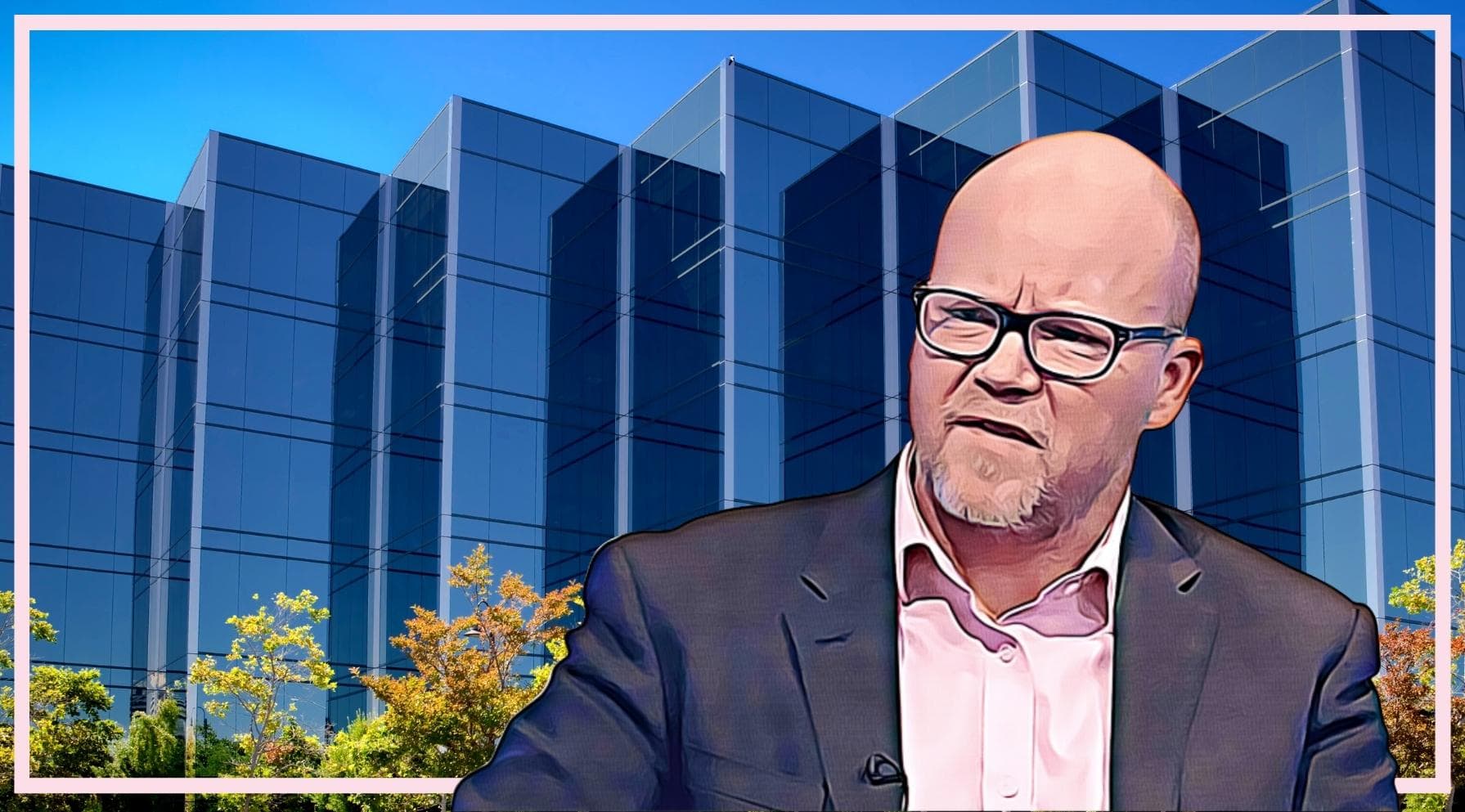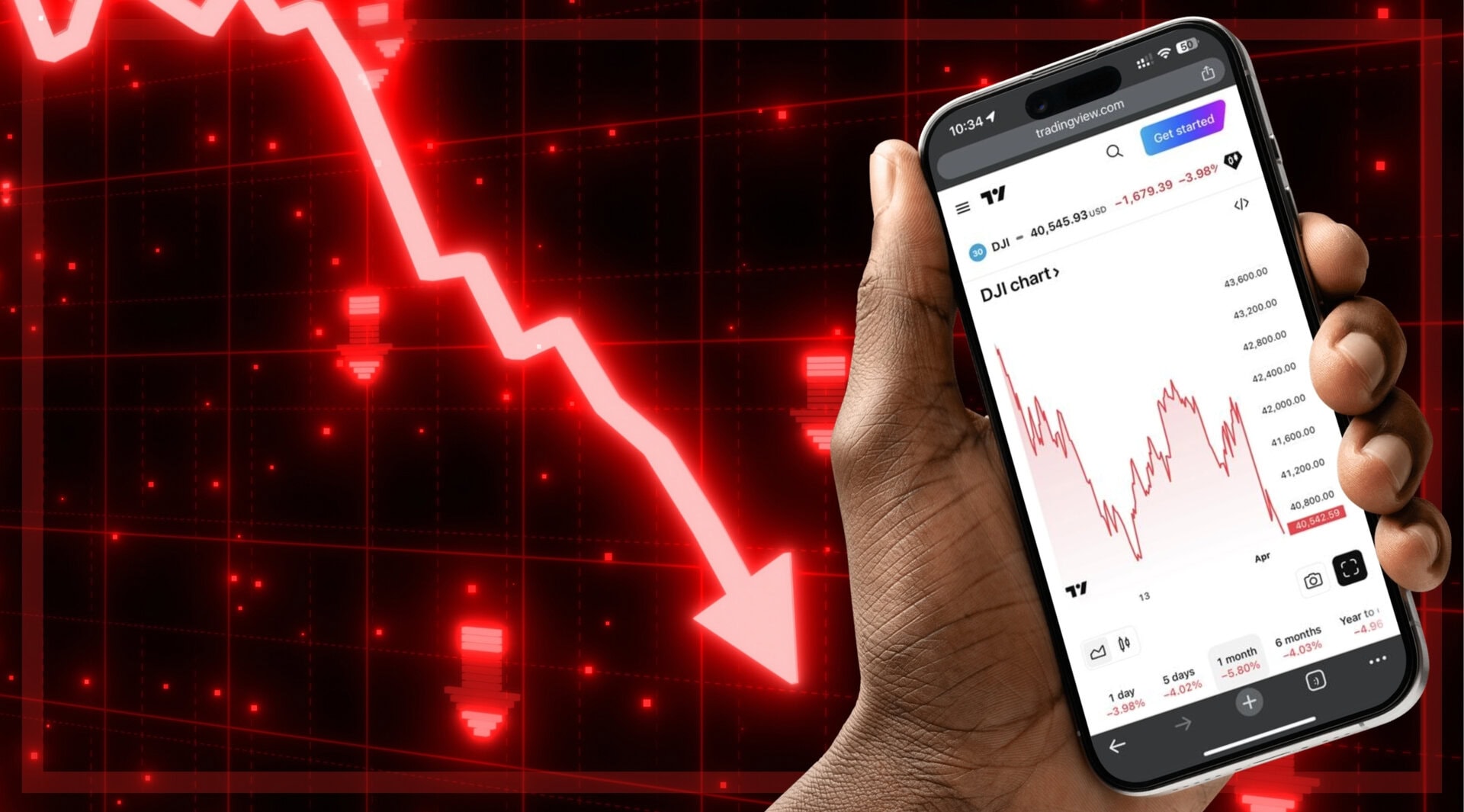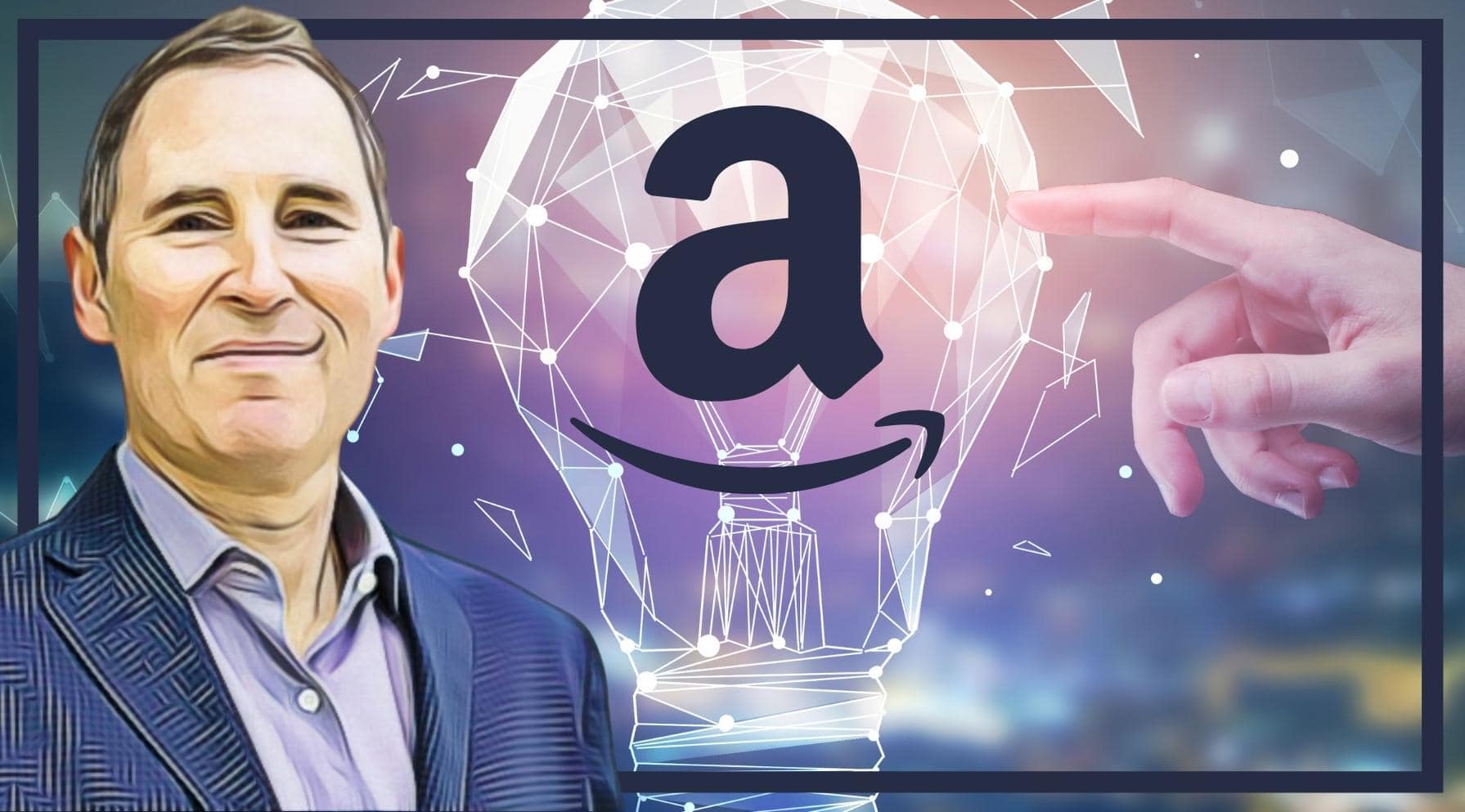Last week, multinational Silicon Valley tech firm PayPal shut down the account of prominent journalist Toby Young, and those of two organisations he runs. With no prior warning and on very dubious grounds, PayPal made the extraordinary move of demonetising the Daily Sceptic, a news site which emerged during the coronavirus lockdowns to criticise the government’s response, and the Free Speech Union, a “public interest body” that defends individuals at risk of being “cancelled” or fired for expressing their opinions.
Young received an email from PayPal to inform him that the company was “initiating closure” of his account. As is increasingly the case with over-mighty Silicon Valley firms, no reason was given apart from an alleged breach of its “Acceptable Use Policy” – although the company didn’t specify which policy he had apparently broken. Shortly afterwards, PayPal sent the same email to the Daily Sceptic and the Free Speech Union. This is a major problem. A quarter of the Daily Sceptic’s donor revenue is received through PayPal, and a third of the Free Speech Union’s members pay their membership fees on the platform. Closing down their accounts, for no clear reason, could be enough to make them fold.
'For all three accounts to be found guilty at exactly the same time, suggests that there is something else going on in the background.'
— GB News (@GBNEWS) September 25, 2022
Free Speech Union founder Toby Young discusses PayPal closing three of his accounts due to a violation of their Acceptable Use Policy. pic.twitter.com/rZz212Os58
While PayPal hasn’t responded to any of Young’s requests for an explanation, this appears to be yet another case of Big Tech taking it upon themselves to censor activities that are perfectly legal and legitimate. Did they take this step simply because they dislike his politics?
Some argue that PayPal is entitled to choose which individuals use its platform, and don’t need to offer any justification for decisions like this. Radio broadcaster James O’Brien said that “PayPal obviously has the right to shut you down.” But this is an extremely dangerous position. As social media and technology has revolutionised the way we live our lives – including our public lives – Big Tech commands an increasingly large amount of power to influence political discourse around the world. Should they be allowed to do whatever on earth they like with that power?
As Toby Young told DisruptionBanking, “Big Tech has an enormous amount of power when it comes to deciding what voices are allowed to speak in the public square. For that reason, it needs to act like a neutral referee and not take sides.”
For some time, Big Tech clearly hasn’t been “a neutral referee.” Facebook’s Mark Zuckerberg recently admitted the company had censored a critical story about Joe Biden’s son Hunter (apparently on the orders of the FBI) – a story which was dismissed as disinformation but was later proved to be entirely true. Twitter also took steps to suppress the story. An internal Google memo called “The Good Censor,” leaked in 2018, revealed the company believes free speech to be “a social, economic, and political weapon.”
The consequences of Big Tech’s overreach when it comes to free speech are, in Young’s view, “calamitous – but it goes beyond that.”
“I think the people who run these corporations believe they’re protecting democracy from toxic political movements but actually by censoring the views of ordinary people, by casting them as beyond the pale, they’re driving them into the arms of populist demagogues,” he said. “There was a poll done recently which found that since the big social media companies started kicking people off for talking about “the steal,” the number of people who believe the 2020 Presidential election was stolen by Biden has increased.”
Currently, there exists little legal ability to challenge the decisions of Big Tech firms – despite how consequential those decisions can be. Young told DisruptionBanking that the Free Speech Union’s Chief Legal Counsel, Bryn Harris, is currently looking at what – if any – legal remedies are available.
“Whether or not we take legal action, and irrespective of whether we win or lose, I think the solution has to be a change to the law to make this kind of behaviour illegal,” he said. “At the very least, a company like PayPal should give its customers notice before they kick them off its platform and provide them with an opportunity to respond to any charges. In my case, I was accused, charged, prosecuted, found guilty, and sentenced all in one fell swoop without ever being told exactly what I was guilty of. To describe it as Kafka-esque doesn’t do it justice.”
Developments today suggest that a change in the law may be possible. The Telegraph reported today that, in light of this case, the government could back laws to make it illegal for companies like PayPal to close accounts for political reasons. This would see the UK follow other jurisdictions, such as Texas, which have already taken such measures.
Forty two MPs, including a former leader of the Conservative Party, have written to the Business Secretary and the First Secretary of the Treasury urging them to do something about out-of-control, censorship-happy PayPal. https://t.co/6d4JWC4TOe
— Toby Young (@toadmeister) September 25, 2022
“We need politicians to start reining in these out-of-control corporations. A law has just been passed in Texas making it illegal for social media platforms to kick people off for their political views,” Young noted. “We need more of that.”
The result of Big Tech overreach may not just be government action – it could push consumers to seek alternatives. We are already seeing the increased popularity of decentralised payment solutions like crypto, which cuts out the need for an all-powerful central provider like PayPal. Web3, the third generation of internet services and a “decentralised online ecosystem,” is also seen by many as a solution to online censorship.
Young believes that “crypto may be part of the solution” and said that “we’re about to install a donate button on the Free Speech Union’s website to enable people to donate using crypto.”
Whether the solution comes from crypto, regulation, or something else entirely, it’s clear that action is needed quickly to reign in Big Tech – and thereby protect free speech on the Internet.
Author: Harry Clynch
#PayPal #FreeSpeech #OnlineCensorship #Regulation #Crypto #Web3















